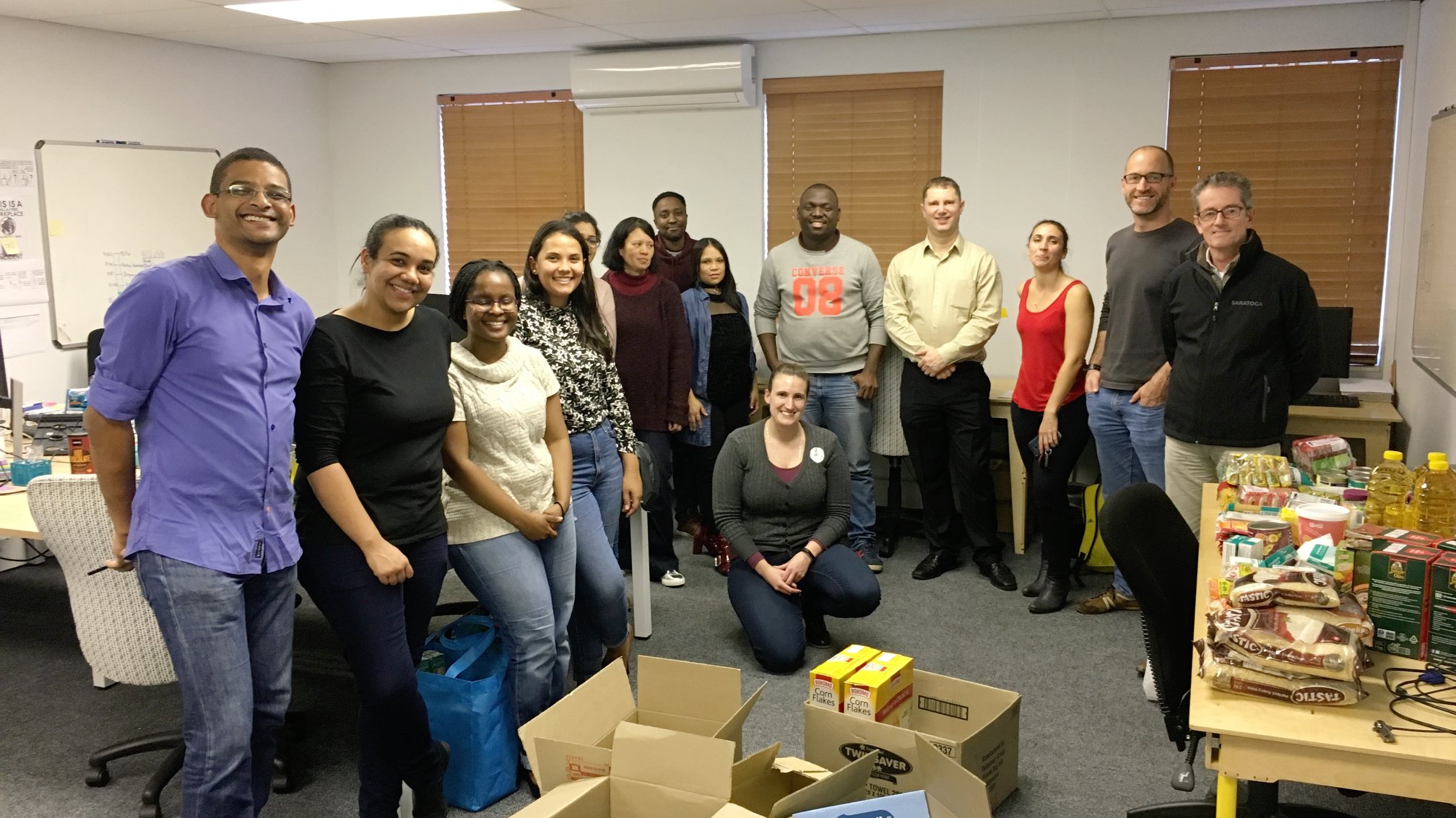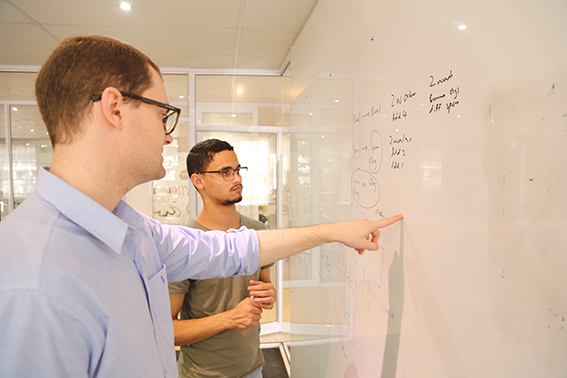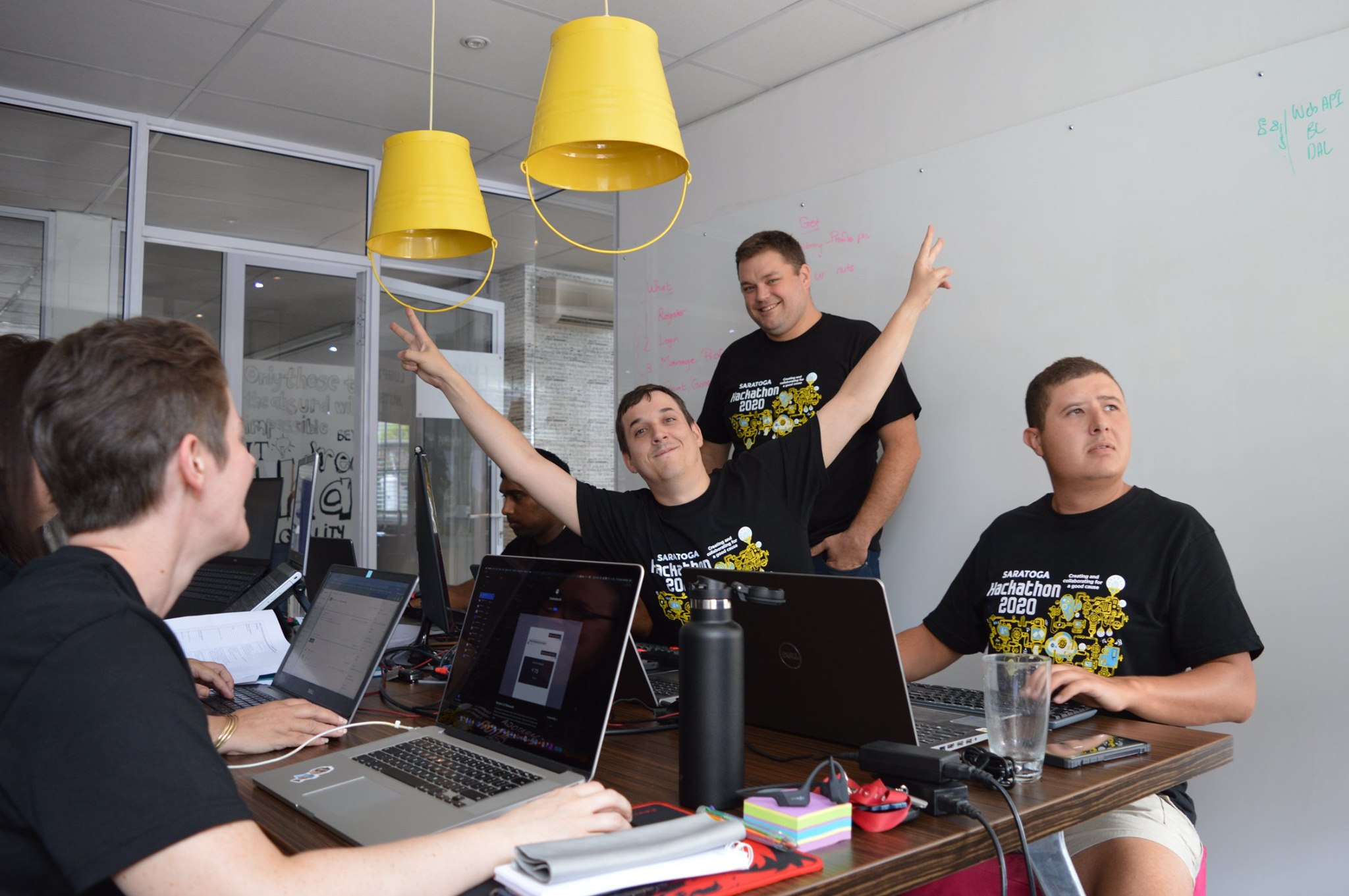Business Ecosystem Support
Team Augmentation
Accelerate your goals and pioneer custom solutions for your business.
Financial Services | Insurance | Media | Retail | Logistics

Successfully implementing a FATCA deriving application
Case Studies
Enhancing an international donation platform
Case Studies
Providing support to mitigate merger challenges for large financial organisation
Case Studies
Successful technology advancement for international risk management company
Case Studies
Automation of monthly contribution process for financial services group
Case Studies
You get a strategic partner committed to your success backed by great quality, on-time delivery, and experienced resources. Saratoga ensures you get the results you want, when you want them.
We are a people-first company.

OUR PROMISE TO YOU
Partnership | Transparency | Expertise
Our commitment to you is based on healthy relationships that stem from mutual respect, open communications, and a joint objective. We work together with you to reach your goals.
WHY SARATOGA?
Customer-First | Innovative | Experienced
With decades of experience in sectors such as financial services, retail, logistics, and more, we understand the nuances of software development for your company. Your company gets adaptable software and teams that grows with your business on-demand. Our solutions are crafted with you and your goals in mind.
BENEFITS OF PARTNERING WITH SARATOGA
Scaleability | Efficiency | Local Expertise
Harness the skills of seasoned software developers, data analysts, and project managers with in-depth industry knowledge at an international level. Support and communications are in your time, your language, and your area.
WORK WITH THE BEST
Talent | Technology | Trust
We may look like a software development company, but we are actually in the business of people. We place people with exceptional skills into critical areas to solve complex problems for people in business. We are an international company with a large development centre in South Africa.INSIGHTS AND UPDATES
VIEW ALL - 15 March 2024 by Candace de Villiers, in Insights
15 March 2024 by Candace de Villiers, in InsightsThe buying decision for custom software development – how important is cost?
By Mark Gebhardt – CEO of Saratoga. Implicit in the decision to build a cu...READ MORE + 12 March 2024 by Candace de Villiers, in Insights
12 March 2024 by Candace de Villiers, in InsightsEmbrace the Cloud: Three Best Practices for Financial Institutions
By Willo van der Merwe – Technical Competency Lead. In today’s rapid...READ MORE + 14 February 2024 by Saratoga, in Insights,Technology
14 February 2024 by Saratoga, in Insights,TechnologyHow to Implement AI Ethically in Business Solutions
By Jason Elder – Technical Competency Lead. In today’s business landscape,...READ MORE +
JOIN
The Team
As a Saratogan you will work alongside phenomenal peers, have inspirational mentors and be provided with the best training.
We provide these opportunities and experience in a variety of projects from a trusted and stable home-base that inspires our teams.
Let's talk
Let's discuss your technology and business needs. Contact us today.
South Africa
Call us: +27 (0) 21 658 4100
Email: [email protected]
4 Greenwich Grove, Station Rd,
Rondebosch, Cape Town,
South Africa, 7700
United Kingdom
Call us: +44 (0) 20 363 78024
Email: [email protected]
40 Foregate Street,
Worcester WR1 1EE,
United Kingdom



























